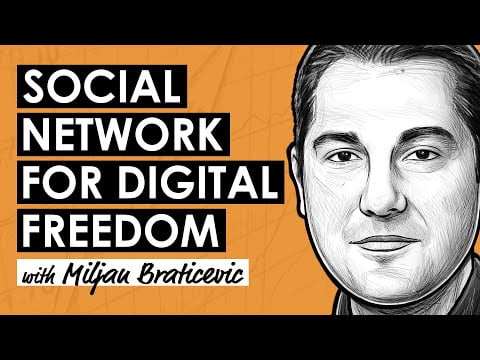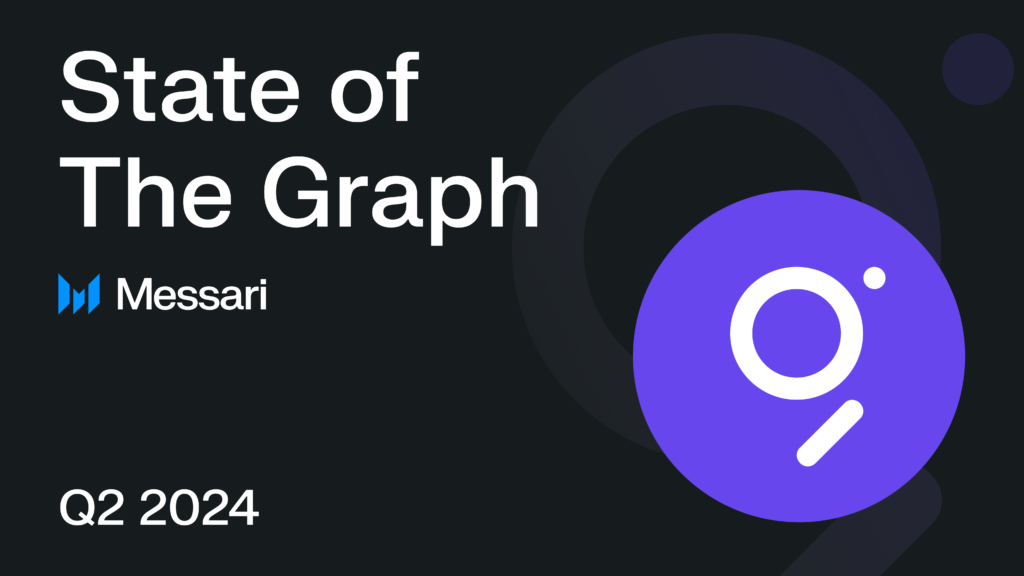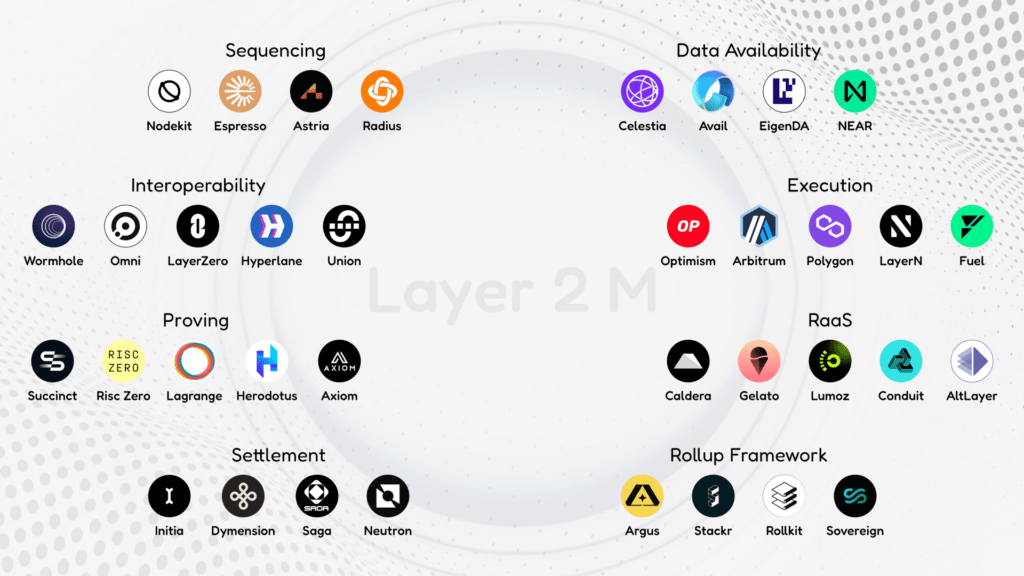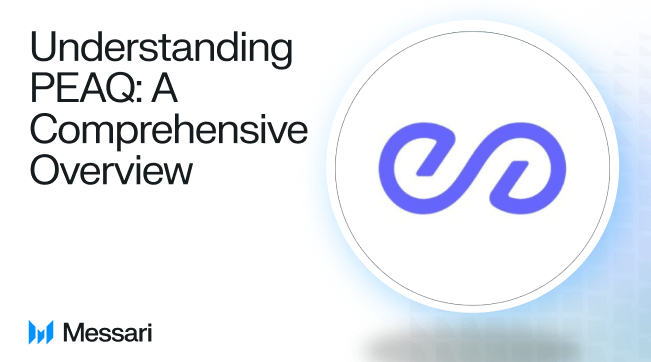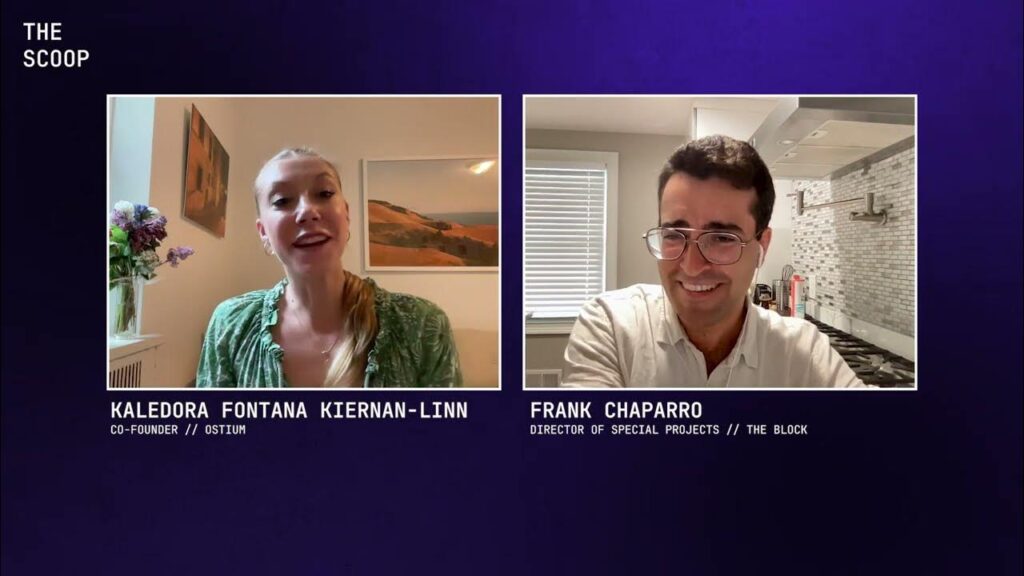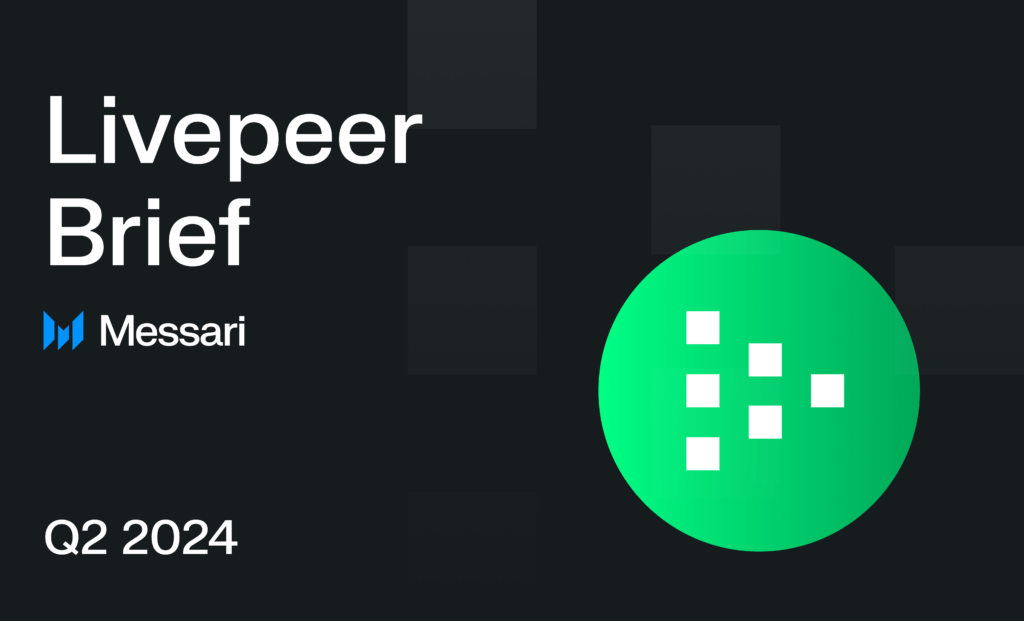Podcast Summary
The podcast delves into the concept of permissionless protocols and the importance of sovereignty in online content creation and access. The guest introduces Nostr, a decentralized publishing protocol, and discusses its significance in the context of centralized social media platforms. The conversation also touches on the limitations of centralized platforms and the potential of Nostr as a solution.
Key Takeaways
Decentralization and Sovereignty
- Centralized Limitations: The podcast highlights the limitations of centralized platforms like Twitter and Facebook, where users have limited control over their accounts and content. It emphasizes the importance of collective ownership and control over online platforms.
- Nostr’s Potential: Nostr, a decentralized publishing protocol, is presented as a potential solution to these limitations. It offers user control over identities, content, and social connections, representing the next evolution in decentralized protocols.
Endorsements and Growth
- High-Profile Endorsements: The guest mentions the endorsement of Nostr by influential figures like Jack Dorsey and Elon Musk, which brought attention to the platform.
- Organic Growth: The growth and evolution of the Nostr protocol and its network of people and applications is unfolding organically without a central player controlling or orchestrating it.
Functionality and User Experience
- Improved User Experience: The user experience on Nostr clients has improved significantly over the past year, approaching the level of legacy centrally controlled platforms.
- Feature Development: The decentralized nature of Nostr allows for faster feature development compared to big companies, where it can take a long time to release a new feature.
Content Moderation
- Challenges: Content moderation on Nostr is a challenge due to the absence of gatekeepers at the protocol layer. However, services like Primal offer additional tools for content moderation, including AI-based classification and filtering.
- User Control: Nostr allows users to create their own mute lists to filter out content they don’t wish to see, providing users with the choice to select their own moderation settings.
Future Potential
- Versatility: Nostr is capable of implementing various applications beyond social media, such as marketplaces, auction sites, and replicas of platforms like Patreon. There are discussions about incorporating GitHub into Nostr or creating a decentralized version of GitHub using the protocol.
- Network Effects: Nostr has the potential to outgrow closed silos and make them look obsolete due to its network effects and open nature.
Sentiment Analysis
- Bullish: The podcast expresses a bullish sentiment towards Nostr, highlighting its potential as a solution to the limitations of centralized social media platforms. The guest emphasizes the organic growth of the Nostr network and its improved user experience, suggesting a positive outlook for the platform.
- Neutral: While the podcast is generally positive about Nostr, it also acknowledges the challenges associated with content moderation on the platform. It suggests that these issues are being addressed through additional tools and user control over moderation settings.

